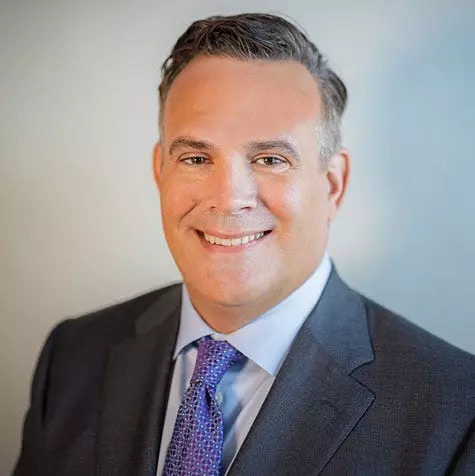
Attorneys at Goede, DeBoest & Cross have answered various questions about Florida community association law. In this article, we will address the question of whether an individual with a power of attorney for a property can serve on the board of a homeowners association (HOA). Let's dive in!
The Power of Attorney and Board Eligibility
A unit owner has given her daughter power of attorney to handle all matters related to her property. Now, the daughter wishes to run for the Board of Directors on behalf of her mother. However, the HOA's bylaws state that a director must be an owner or a spouse of an owner. So, is the daughter eligible to serve on the board?
According to the Florida Statutes that govern condominium associations, an individual acting under a power of attorney from a unit owner is precluded from serving on the board unless they are also a unit owner. Therefore, if the bylaws require directors to be owners or spouses of owners, the daughter, as a non-owner, would not be eligible to run for the board.
Additional Considerations
While the daughter's eligibility is clear in this case, it's essential to understand that directors are generally required to be natural persons who are 18 years of age or older, according to Chapter 617 of the Florida Statutes. They do not need to be residents of Florida or members of the corporation, unless specified in the Articles of Incorporation or Bylaws. These additional qualifications can be established by the association.
It's worth noting that similar scenarios may arise with trusts. In cases where a trust owns a unit, the grantor or a beneficiary of the trust may be eligible to serve on the Board of Directors, provided that the beneficiary occupies the unit. This provision is outlined in Section 617.0802(2) of the Florida Statutes.
Seek Legal Counsel for Candidate Eligibility
When it comes to determining candidate eligibility for the board, it is always advisable to consult with an association counsel. Placing an ineligible candidate on the ballot is an error that could potentially invalidate the election if discovered too late. By working with legal professionals familiar with community association law, you can ensure compliance while avoiding potential legal complications.
Remember, every association has its own set of bylaws and governing documents, so it is crucial to seek personalized legal advice to address specific circumstances.
Conclusion
In summary, a person with power of attorney for a property is generally not eligible to serve on the board of a homeowners association unless they are also a unit owner. By familiarizing yourself with the relevant Florida statutes and consulting with association counsel, you can ensure that your board elections comply with the law.
For more insights on community association law, feel free to explore our HOA Q&A series.
Disclaimer: The information provided in this article is for informational purposes only and should not be considered legal advice. The publication of this article does not create an attorney-client relationship. It is always recommended to consult with an attorney regarding your specific legal concerns.
 John Trebilcock, Esq., Partner at Goede, DeBoest & Cross
John Trebilcock, Esq., Partner at Goede, DeBoest & Cross


















